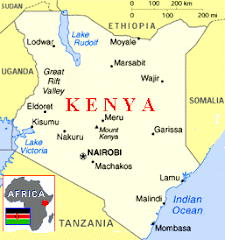The insertion of long-acting contraceptives into the bodies of young girls does not protect them from sexual abuse. It sets them up for greater exploitation. Reports continue to grow worldwide about population and family planning organisations demonstrating their preference for administering women long-acting, provider-controlled contraceptives in the form of injections and implants that cannot be removed by the woman herself. 
These methods seem to be especially promoted for use amongst marginalised groups in developed countries and poor women in developing countries, causing women’s groups on the ground to raise questions about health impacts and lack of consent. Disenfranchised groups such as native peoples living on Indian reservations in the United States have been targeted.
Now, it seems, it is Australia’s turn. Aboriginal girls living in third world conditions in a supposedly rich country are the latest target. Queensland Health recently admitted implanting contraceptive rods in girls as young as 12 after the practice was discovered in two Indigenous communities - Aurukun on Cape York and Woorabinda, west of Rockhampton. It has since emerged that girls in the Northern Territory are also being given the hormones. The practice raises profound questions about the health and safety of very vulnerable girls living on society’s margins. No one in authority can say exactly how many girls have been fitted with the implant, which has significant side effects including prolonged bleeding - the main reason women abandon its use. Indigenous women suffer rates of anaemia far higher than their white sisters. Who is monitoring the girls to check on their health status?




No comments:
Post a Comment